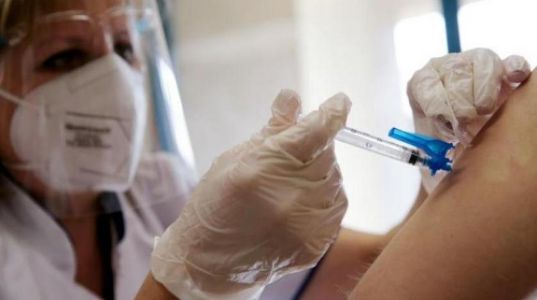
-
Published: 14 April 2021

After clots appeared in some of those who received Johnson & Johnson's vaccine. Concerns have escalated in the medical community in the United States about anti-corona vaccines.
The recent spotlight on the side effects of vaccines has led to rising talk that more people could be exposed to unsustainable risks, which could drive millions worse, namely refraining from vaccination.
Some public health officials in the United States fear that stopping taking Johnson & Johnson's vaccine could fuel the reluctance of millions of Americans about the vaccine, and thus put more of the population at greater risk of contracting the corona virus.
Demands have escalated in the States, with the suspension of the use of the Johnson & Johnson vaccine against the Corona virus, so that specialists can investigate six extremely rare cases of clots after the vaccine.
According to health experts, blood clotting so far appears to affect only one in a million people injected with the vaccine, and it remains to be seen whether the vaccine is the cause.
With high cases of HIV infection in states such as Michigan and Minnesota, and worrying new HIV mutations, health officials find themselves among the HIV hammer and the vaccine pendants, at a time when they cannot afford any setbacks.
Officials from the Food and Drug Administration and the Centers for Disease Control and Prevention said that the cessation of vaccinations could last only for days while checking clots and determining whether to place restrictions on vaccine use.
Doctors warned that the fallout from Johnson & Johnson's vaccine could be similar to those that had recently occurred in several European countries, where some citizens had clots after taking the AstraZeneca vaccine.
According to the most recent poll published last month, 61 percent of French, 55 percent of Germans, and 52 percent of Hispanics consider the AstraZeneca vaccine unsafe. "
